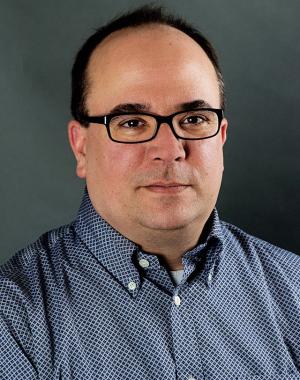The values of secular society are increasingly divergent from those of our Catholic Faith. We live in a time that seems to fit St. Paul’s description of a people who are “ingenious in their wickedness” (Rom 1:30). The task of forming Catholic conscience in children and youth might at times seem impossible in today’s world, and we might be tempted to despair. Indeed, no human methodology could accomplish this task. “For human beings this is impossible, but for God, all things are possible” (Mt 19:26).
Catechesis, in the mind of the Church, however, is not rooted in human methodology, but in the pedagogy of God. It is the Church’s mission to be a “visible and actual continuation of the pedagogy of the Father and of the Son.” How can we as catechists use the divine pedagogy, the way God teaches, to form the consciences of our learners? Here are five ways, corresponding to five aspects of the pedagogy of God.
Invite the learners to be their best selves
The pedagogy of God is invitational and person-centered. Jesus invited his followers into relationship with him (and continues to do so today). He often saw potential in people that they did not see in themselves. Consider St. Peter, for example, who tells Jesus to go away, saying he, Peter, is “a sinful man” (Lk 5:8). But Jesus sees what Peter could be, what he was made to be. While we might think many different things will make us happy, the only true and lasting happiness is found in each becoming the person God created that person to be.
The rest of this online article is available for current Guild members.
This article is from The Catechetical Review (Online Edition ISSN 2379-6324) and may be copied for catechetical purposes only. It may not be reprinted in another published work without the permission of The Catechetical Review by contacting [email protected]


















